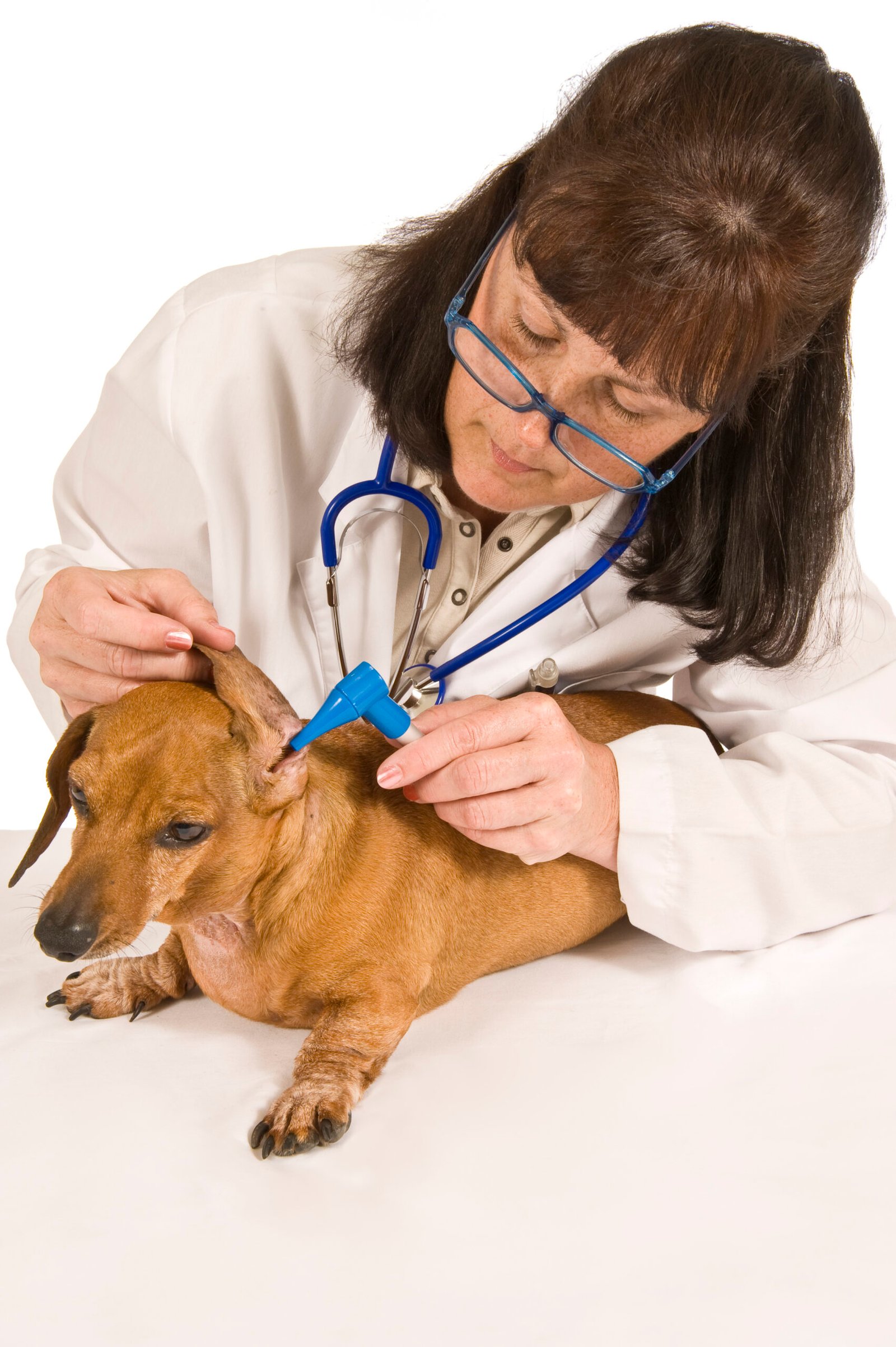Regular checkups are essential to maintain your furry friend’s overall health and wellness. Just like humans, dogs require regular medical attention from a qualified veterinarian to ensure they remain in good physical condition. A routine examination can help detect any potential health issues early on, making it easier to treat them before they become more serious.
Introductory paragraph:
Dog owners often overlook the importance of regular vet visits until their pet falls ill or develops an unexpected health problem. However, preventative care is crucial when it comes to keeping your dog happy and healthy throughout its life. Routine checkups allow you to stay informed about your pet’s health status while also providing opportunities to address any concerns with your vet. Additionally, these appointments give you peace of mind knowing that your furry companion is receiving the best possible care.
Importance of Regular Vet Visits:
One of the primary benefits of taking your dog for regular checkups is that it allows your vet to keep track of your pet’s overall health status. During each visit, your vet will perform a thorough physical examination, checking your dog’s vital signs, such as heart rate, respiration rate, temperature, and weight. They may also collect samples for lab tests, including blood work and urinalysis, to screen for underlying conditions that may not be immediately apparent. Early detection of health problems means that treatment can begin promptly, increasing the chances of successful resolution.
Proper Grooming for Dogs:
Grooming isn’t just about making sure your dog looks good; it’s also an important aspect of maintaining their overall health. Regular brushing and bathing helps remove dirt, dead hair, and other debris from your dog’s coat, reducing the risk of skin irritation and allergies. Additionally, nail trimming and ear cleaning can help prevent painful and potentially dangerous health issues down the line. By incorporating grooming into your dog’s routine, you can promote better hygiene and improve their quality of life.

Nutrition Tips and Tricks:
A balanced diet is critical for your dog’s growth and development, but many pet parents struggle to determine what constitutes a healthy canine diet. Working closely with your vet, you can create a customized feeding plan based on your dog’s age, breed, activity level, and individual needs. Providing your dog with high-quality food and avoiding table scraps can help prevent obesity, digestive issues, and other nutritional deficiencies. It’s also essential to provide plenty of fresh water and limit treats to reasonable portions.
Common Health Issues:
As a responsible pet owner, it’s essential to educate yourself about common health issues that affect dogs. Some of the most prevalent include dental disease, ear infections, allergies, arthritis, and cancer. By understanding the symptoms and risks associated with these conditions, you can take proactive steps to protect your dog’s health. For example, regularly brushing your dog’s teeth can reduce the likelihood of developing periodontal disease, while keeping your dog at a healthy weight can lower the risk of joint problems later in life.
Conclusion:
In conclusion, regular checkups play a critical role in ensuring your dog remains healthy and happy throughout its lifetime. By working closely with your vet, you can identify potential health issues early on, implement appropriate preventative measures, and provide your furry friend with the best possible care. Remember, prevention is always better than cure, so don’t neglect to schedule those all-important vet appointments.


